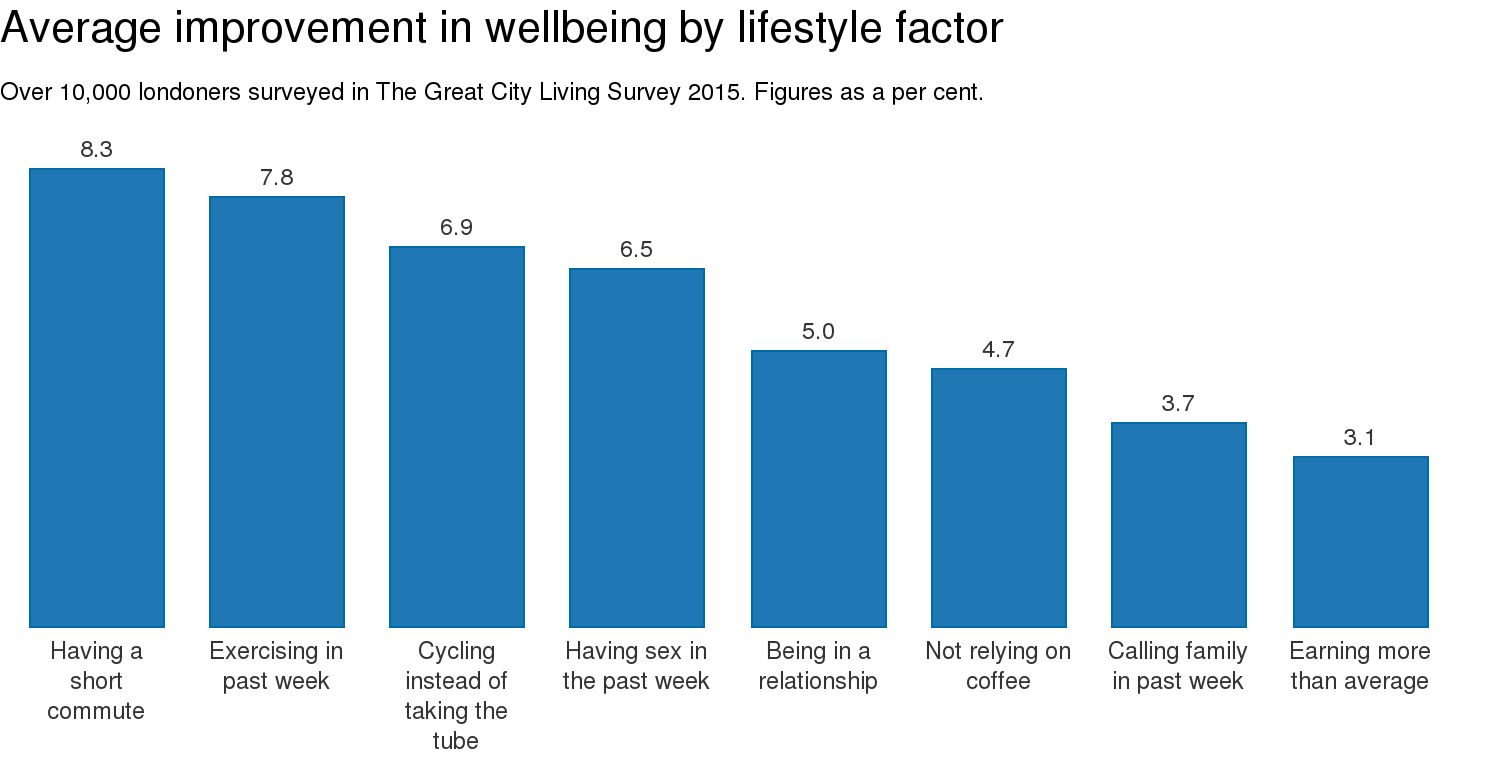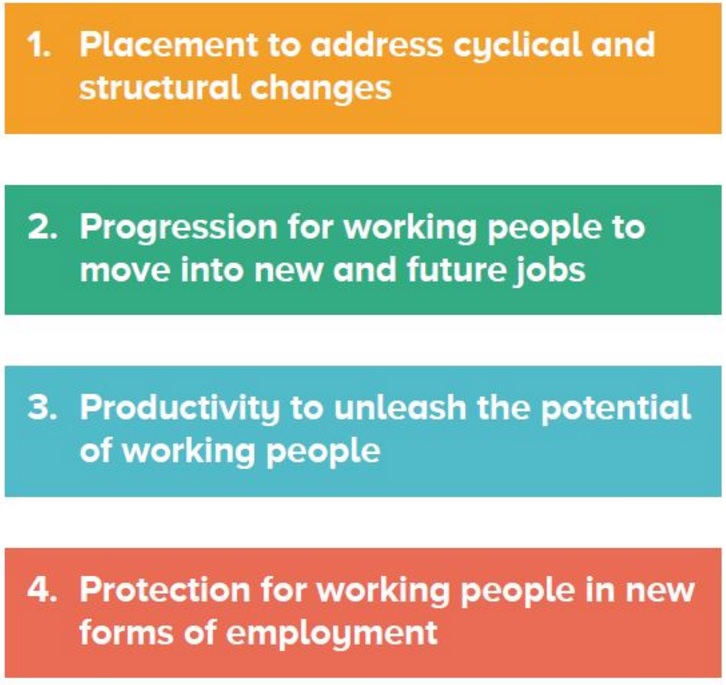It seems like I am not the only one as more and more millennials are turning to freelancing.
As a tutor and budding writer during the past one year or so, I have had my fair share of triumphs and disappointments. So, I thought it would be good for me to share some of my insights so that people pondering on making this switch can have a better understanding of this life before making the leap.
Upsides:
1. Reduced commute
It appears that commuting to work is the main culprit of unhappiness at work. Many can attest to that. Whether it’s being unable to squeeze into the packed train, missing a bus or (horror of all horrors) a traffic jam/train fault, many would feel anxious if they could potentially end up late for work.

As a freelancer working on specific projects, commute is generally reduced. For example, right now, I would only take on tuition assignments if the student’s place is within a 20 minutes walk from my place. Otherwise, they would have to come over to my place. And as a writer, I could work from virtually anywhere in the world.
2. Flexibility in work hours
Most of the time, as a freelancer, you will not be working the typical 9 to 6 office hours. Besides avoiding the usual peak hour commute as mentioned above, there’s the option to wake up late for those who are simply not a “morning person”.

The flexibility in work hours is really a boon for those who prefers to live a peak life in the non-peak hours.
For me, I enjoy having a brunch at 1030am before doing some writing, reading or lesson plans. I would then have some nuts or snacks at around 230pm before going off for my lessons. And then subsequently, having a late but light dinner at 9pm.
3. More selective on the work you do
As an employee, it’s really hard to say and justify a “no” to your supervisor, even if the piece of work is probably out of your job scope.
A freelancer who is not hard up for money would probably have the freedom to walk away from a project that he or she deems unsuitable or unpalatable. I have personally rejected various writing assignments on topics which are of little interest to me.
Downsides:
1. Unstable Income
Since I still derive 90% of my income from tutoring, post-exam months like November and December are notably dry. Most of my students would either request a break or be travelling and honestly, I also loved the break as September and October were hectic months.

The difference in pay can easily be as much as 300-400% for me!
It’s comfortable having a fixed, stable monthly paycheck so there are many that may not adjust to volatility quite well. I personally believe that having significant savings/passive cash flow has helped me make the transition rather well.
2. Lower pay, lower benefits (at least initially)
A school teacher with at least a few years of experience would likely be drawing an annual package of at least close to $100,000. I am including CPF contributions, bonuses and other monetary benefits provided to arrive at this figure.

However, although we have read and heard of tutors who earn more than $1 million a year, they probably represent less than 1% of tutors out there. I would reckon at least 90% of full-time tutors do not hit a 6 digit annual income.
It is my view that most freelancers are likely to earn less than what they would if they were doing something similar but as an employee.
3. Risk of not getting paid for work
I think this article sums up the risk involved. I have been lucky that so far, I have not encountered such issues.
How Are Things Improving For Freelancers?
For those (like me) who opted for freelancing voluntarily, it’s likely a calculated choice and it’s only fair that we embrace the downsides together with the upsides we enjoy.
However, there are many who turn to the gig economy as a last resort as they are unable to land a full-time job.

DPM Tharman has maintained that he is not a fan of the gig economy yet even though it has provided more jobs. This is because freelancers do not enjoy the type of benefits that traditional workers enjoy, like CPF contributions, workplace insurance and healthcare benefits.
For freelancers whose work are more or less tied to a few companies, like Uber drivers or Deliveroo deliverers, it does appear quite unfair that the companies are taking less risks with this new model and shifting more of those risks to the workers.
I was just surfing Facebook and saw that the Labour Movement had submitted its Budget recommendations yesterday.
A quick look showed that their recommendations have four key pillars, namely, Placement, Progression, Productivity and Protection.
The fourth pillar, Protection, is the intriguing one. The recommendations put the number of freelancers in Singapore at about 200,000, and it’s a growing number too. This is more substantial than I would have guessed.
Unlike employed workers, freelancers like myself are not legally entitled to statutory protection and benefits accorded to employers, such as CPF contributions, annual leave, medical leave, and rights under the labour legislation, including Work Injury Compensation Act. NTUC is saying that there is a need to relook how laws can better protect the interests of working people on non-traditional work arrangements, such as contract workers and freelancers who may also face payment issues. Here are some of their recommendations:
- For the Government to examine how labour laws and tripartite networks like the Tripartite Alliance for Dispute Management can include freelancers and self-employed
- For the Government to review how freelancers can make COF contributions and also receive support from the Government for contributing towards their own retirement adequacy.
- For the service buyers not to keep their manpower costs low by depriving freelancers of their CPF contributions
NTUC Assistant Director-General Ang Hin Kee, also MP for the Ang Mo Kio GRC, has said, “For this group, we are pushing the Government to consider ways to protect them in terms of providing protection at the workplace, security for retirement and medical coverage,”
It would be interesting to see how the budget debate will go in Parliament and also if the 2017 Budget will indeed bring some good news for freelancers.

Hi 15hww
I think youve reached the stage where the income is no longer as unstable as you described it to be, so there’s really quite a lot lesser downside now for you. Good to see you found your mojo in life and still able to keep it going at a high pace.
Hi B,
It’s definitely still more unstable as compared to being an employee. But I am glad I generally have no problem hitting $1k a week so things are going well.
hi, i’ve been silently reading your blog and thought this particular entry sits well with me. The very first point about commuting impacting our happiness is something so real. I’m learning to work more from home and have enjoyed most part of it…the fact that I can have more sleep, lesser frustrations jostling with others on the road and better use of my time (exercise, family etc), just make freelancing or working from home so attractive. thanks for this.
Hi Edwin,
I am glad you are enjoying your work and your trade-off!
All the best with your gigs and do continue to be mindful about your spending!
Oh, I wanted to add too…for those considering freelancing or moving into being self-employed….one of the golden rules that helped me was this, “It’s not how much you make, but how much you spend.” that helped me to be a OMO business for the last 6 years.
Yes, the commute to and back from work (whether by train, bus or car) is one of the worst aspects. Just today, I left my place earlier to get to work before 9am for a meeting and the train screw-ups (delayed stopping at every station) on the East West line caused me to be late. Plus there’s no updates on these what is now minor faults on the SMRT twitter feed so there’s no way to know.
Honestly, as you have mentioned, I might only consider freelancing if I lose my job. Not sure whether I have the guts to make the voluntary choice like you did. But it looks like it’s working out well for you. Good stuff!
Hi Finance Smiths,
Looking at how much assets you and the Mrs have and the rate your are growing it, an early retirement or freelancing would not be out of the question in a decade’s time. You never know!
Are most young people (below 35yrs) able to sustain a reasonable income and standard of living with full-time freelancing as a career? What’s your experience? Regards
Hi Wong,
I think it is hard for me to know if most are able to sustain a reasonable income. The definition of “reasonable” might also be very subjective.
For me, it is not too bad thus far and right now, I am able to earn on average about $1,000 a week.